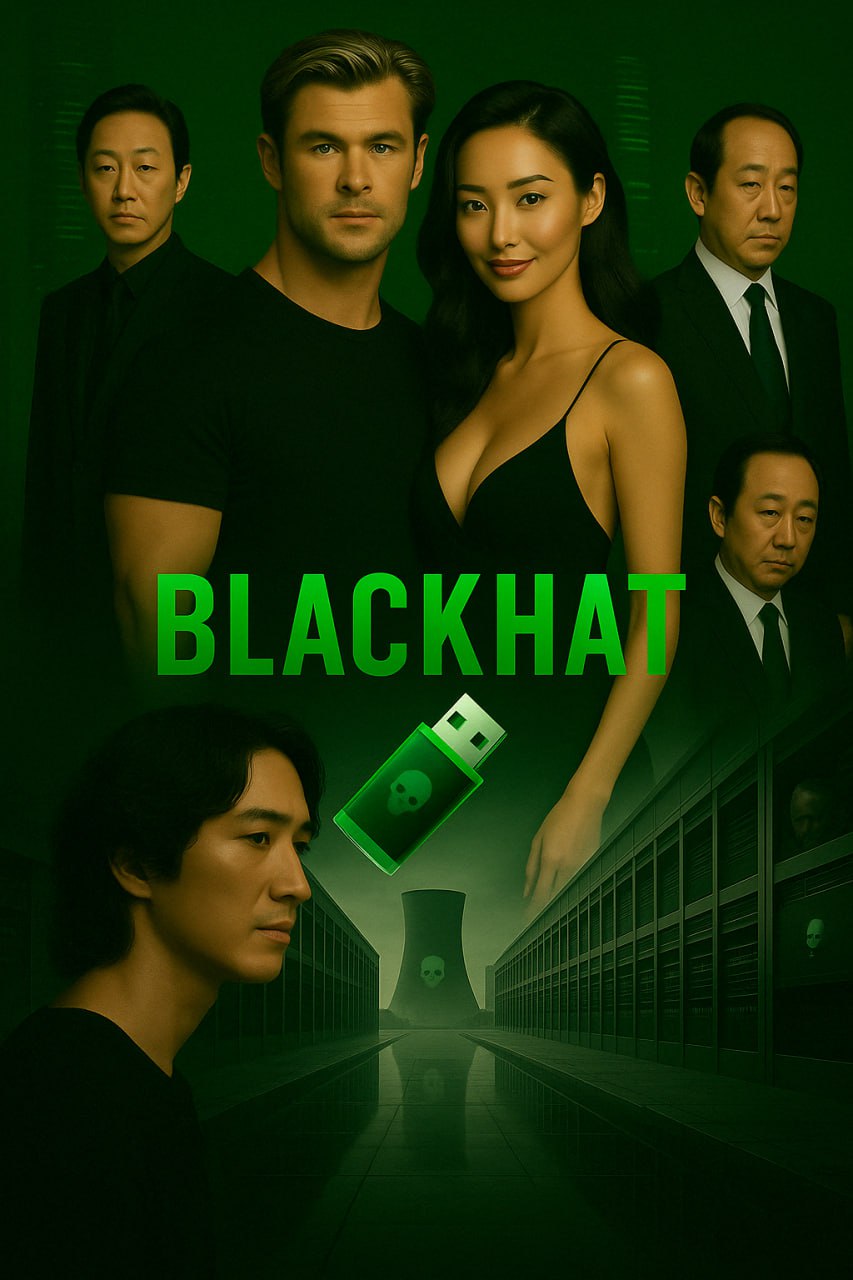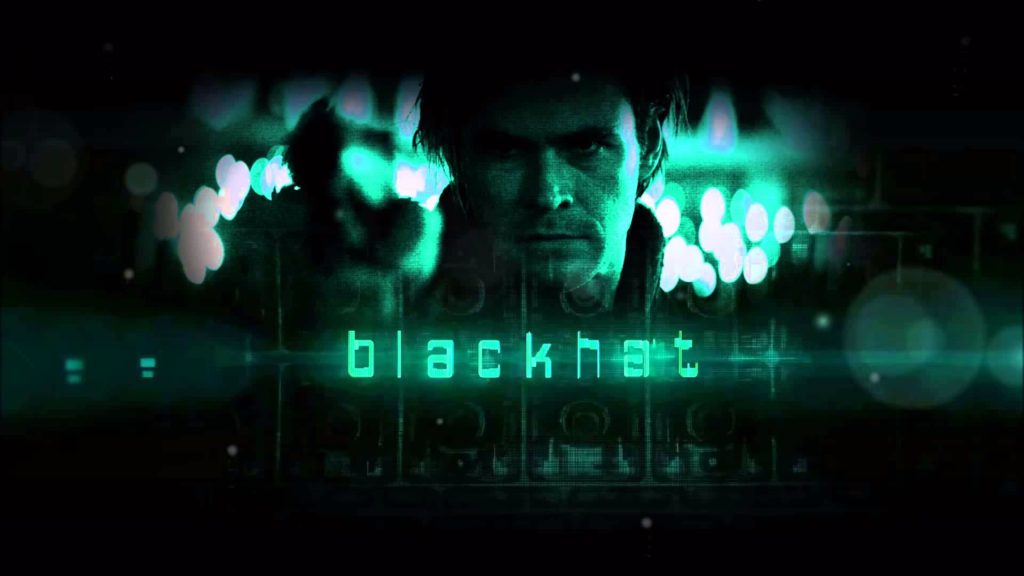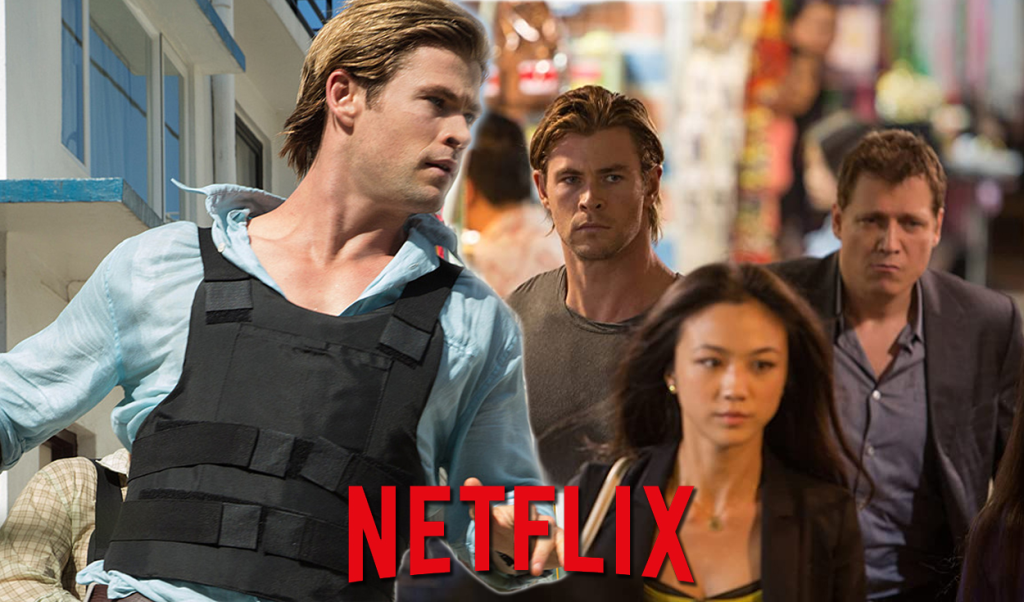Blackhat | Chris Hemsworth | Tang Wei | Viola Davis | Holt McCallany

Introducing Blackhat: A Gripping Cyber Thriller
In an era where cybercrime dominates headlines and digital threats loom large, Blackhat (2015), directed by Michael Mann, emerges as a pulse-pounding exploration of the shadowy world of hacking and global cybersecurity. Starring Chris Hemsworth, Tang Wei, Viola Davis, and Holt McCallany, this techno-thriller dives deep into the high-stakes intersection of technology, crime, and international intrigue. With Mann’s signature visceral style, Blackhat delivers a cinematic experience that is as thought-provoking as it is adrenaline-fueled. This article offers a comprehensive introduction to the film, covering its plot, cast, themes, production, and lasting impact.

Plot Summary
Blackhat follows Nicholas Hathaway (Chris Hemsworth), a brilliant but incarcerated hacker serving time for cybercrimes. When a mysterious hacker triggers a catastrophic explosion at a nuclear power plant in Hong Kong and manipulates the Chicago stock market, the FBI and Chinese authorities form an uneasy alliance to track down the perpetrator. Hathaway, a prodigy in the world of coding, is offered a temporary release from prison to assist in the investigation, led by FBI Agent Carol Barrett (Viola Davis) and Chinese network security officer Chen Dawai (Leehom Wang).
As the team follows digital breadcrumbs across the globe—from Hong Kong to Jakarta to Malaysia—they uncover a sophisticated and dangerous cybercriminal network orchestrated by a shadowy figure. Hathaway’s skills are put to the test as he navigates encrypted systems, physical confrontations, and moral dilemmas. Alongside Chen’s sister, Lien Chen (Tang Wei), a talented network engineer, Hathaway develops a personal stake in the mission, blurring the lines between duty and survival. The race to stop the hacker escalates into a deadly game, with global consequences hanging in the balance.

The film’s narrative weaves together high-tech espionage, action-packed sequences, and a character-driven story about redemption, trust, and the cost of living in a hyper-connected world. Mann’s meticulous attention to detail ensures that the hacking scenes feel authentic, while the human drama keeps viewers invested in the characters’ fates.
The Cast: A Stellar Ensemble
Chris Hemsworth as Nicholas Hathaway
Known for his portrayal of Thor in the Marvel Cinematic Universe, Chris Hemsworth steps into the role of Nicholas Hathaway with a blend of physical intensity and intellectual sharpness. Hathaway is a complex character—a genius hacker with a criminal past, yet a man seeking redemption. Hemsworth’s performance balances rugged charisma with vulnerability, making Hathaway a compelling anti-hero. His physical transformation for the role, including a leaner physique and a brooding demeanor, underscores the character’s time in prison and his relentless drive.

Tang Wei as Lien Chen
Tang Wei, a celebrated Chinese actress known for Lust, Caution, delivers a nuanced performance as Lien Chen, a network engineer drawn into the investigation through her brother, Chen Dawai. Lien is not just a romantic interest; she’s a skilled professional who holds her own in the high-stakes mission. Tang Wei imbues Lien with intelligence, resilience, and emotional depth, creating a character who complements Hathaway’s journey while standing as a strong presence in her own right.
Viola Davis as Carol Barrett
Viola Davis, an Oscar-winning powerhouse, brings gravitas to the role of FBI Agent Carol Barrett. Barrett is a no-nonsense leader tasked with managing the volatile alliance between American and Chinese authorities. Davis’s commanding performance captures Barrett’s determination and moral complexity as she navigates bureaucratic obstacles and personal losses. Her scenes with Hemsworth crackle with tension, highlighting the uneasy trust between their characters.

Holt McCallany as Mark Jessup
Holt McCallany rounds out the core ensemble as Mark Jessup, a U.S. Marshal assigned to oversee Hathaway’s temporary release. Jessup is a grounded, pragmatic figure who provides a counterbalance to the film’s high-tech focus. McCallany, known for his work in Mindhunter, infuses Jessup with quiet intensity and loyalty, making him a memorable part of the team.
Supporting Cast
The film also features strong supporting performances from Leehom Wang as Chen Dawai, a Chinese military officer with a personal stake in the mission, and actors like Ritchie Coster and Yorick van Wageningen, who add menace to the criminal underworld. The diverse cast reflects the film’s global scope, bringing authenticity to its international settings.

Themes and Style
Blackhat tackles themes that resonate deeply in the digital age. The film explores the fragility of modern infrastructure in the face of cyber threats, highlighting how interconnected systems— from power grids to financial markets—are vulnerable to exploitation. It also delves into the ethical gray areas of hacking, questioning whether individuals like Hathaway are criminals, heroes, or something in between.
Michael Mann, known for films like Heat and Collateral, brings his signature visual and thematic flair to Blackhat. His use of handheld cameras and neon-lit urban landscapes creates a gritty, immersive atmosphere. The film’s hacking sequences are depicted with a focus on realism, showcasing lines of code, command-line interfaces, and network protocols in a way that feels accessible yet authentic. Mann consulted with real-world hackers and cybersecurity experts to ensure accuracy, making Blackhat a standout in the genre for its technical credibility.

The film also examines the human cost of living in a surveillance state. Characters grapple with trust, betrayal, and the loss of privacy, reflecting broader anxieties about technology’s role in society. Mann juxtaposes sleek digital interfaces with raw, visceral action scenes, creating a dynamic contrast that keeps the audience on edge.
Production and Challenges
Blackhat was a bold undertaking for Michael Mann, who sought to merge the techno-thriller genre with his distinctive action-drama style. Filming took place across multiple continents, including Hong Kong, Malaysia, Indonesia, and the United States, to capture the story’s global scale. The production faced logistical challenges, from coordinating international shoots to ensuring the authenticity of the hacking sequences.
Mann’s commitment to realism extended to the cast’s preparation. Chris Hemsworth trained with cybersecurity experts to understand hacking techniques, while Tang Wei and Leehom Wang studied network engineering to portray their roles convincingly. The film’s action sequences, including a climactic confrontation in Jakarta, required intricate choreography and practical effects to maintain Mann’s grounded aesthetic.

Despite its ambition, Blackhat faced challenges upon release. The film’s complex plot and technical jargon alienated some audiences, and its box office performance was underwhelming, grossing $19.7 million against a $70 million budget. Critics were divided, with some praising its ambition and visual style, while others found it convoluted. Over time, however, Blackhat has gained a cult following, particularly among fans of Mann’s work and those who appreciate its prescient take on cybercrime.
Cultural and Historical Context
Released in 2015, Blackhat arrived at a time when cybercrime was becoming a pressing global issue. High-profile incidents like the Sony Pictures hack and the rise of ransomware attacks underscored the film’s relevance. Blackhat was among the first major Hollywood films to tackle cybersecurity head-on, paving the way for later works like Mr. Robot and The Social Dilemma. Its depiction of U.S.-China cooperation in combating cyber threats also reflected real-world geopolitical dynamics, adding a layer of timeliness to the narrative.
The film’s exploration of hacking culture and the “blackhat” hacker archetype—individuals who exploit systems for personal gain—resonates with ongoing debates about cybersecurity ethics. By humanizing Hathaway, Blackhat challenges stereotypes about hackers, presenting them as complex figures shaped by circumstance and choice.

Legacy and Reception
While Blackhat didn’t achieve commercial success, its critical reappraisal has grown in the decade since its release. Fans and scholars praise its ahead-of-its-time portrayal of cyber threats and Mann’s uncompromising vision. The director’s cut, which restores certain scenes and refines the pacing, has further bolstered its reputation among cinephiles.
The film’s influence can be seen in the increasing prominence of cybersecurity in popular media. Its blend of technical accuracy and cinematic flair set a benchmark for the genre, inspiring creators to treat hacking as more than a plot device. For Michael Mann fans, Blackhat is a fascinating addition to his oeuvre, showcasing his ability to adapt his gritty style to new frontiers.

Why Watch Blackhat?
Blackhat is a must-watch for fans of techno-thrillers, action dramas, and Michael Mann’s distinctive filmmaking. Its stellar cast, led by Chris Hemsworth’s magnetic performance, brings emotional weight to a high-stakes story. The film’s exploration of cybersecurity feels even more relevant today, offering a window into the vulnerabilities of our digital world. Visually stunning and intellectually engaging, Blackhat rewards viewers who appreciate complex narratives and bold directorial choices.
Whether you’re drawn to the cat-and-mouse chase across continents, the romance between Hathaway and Lien, or the ethical questions at the film’s core, Blackhat delivers a cinematic experience that lingers long after the credits roll. It’s a film that dares to confront the invisible threats of the 21st century, wrapped in a pulse-pounding package.